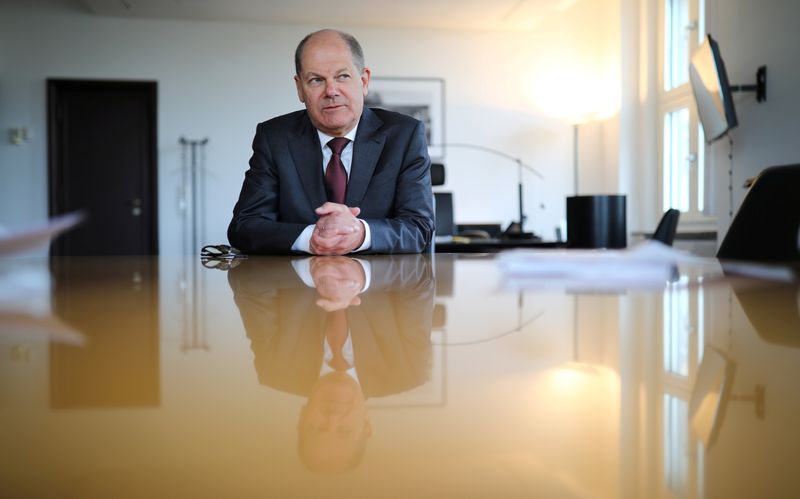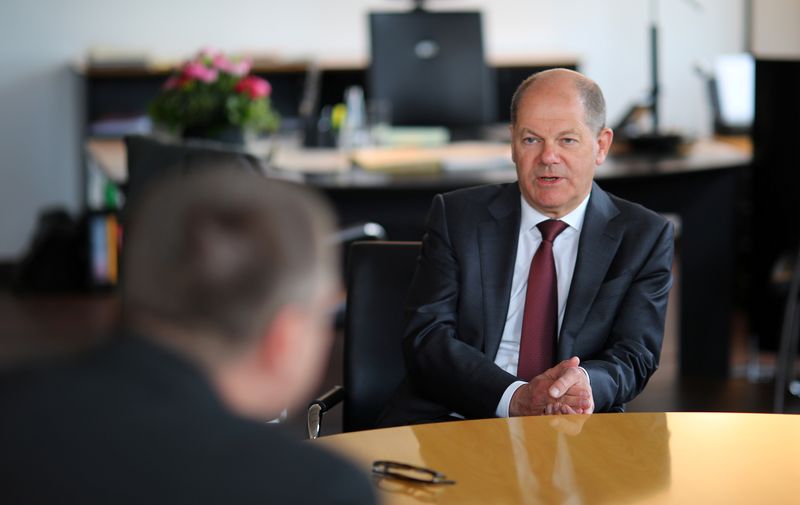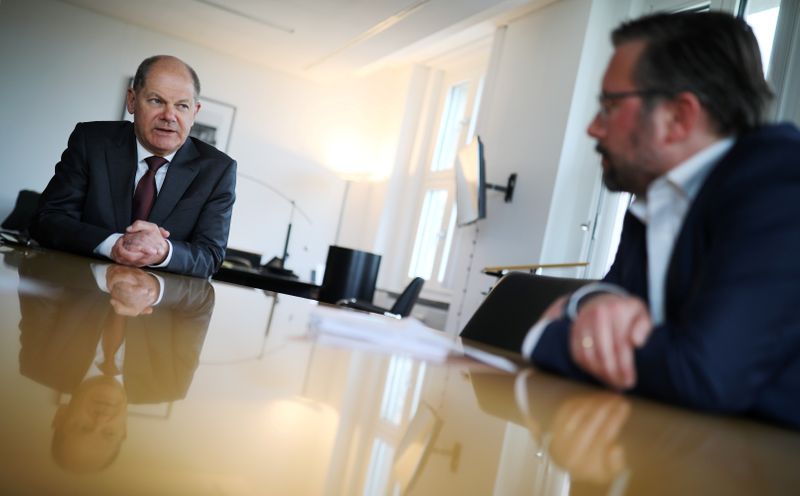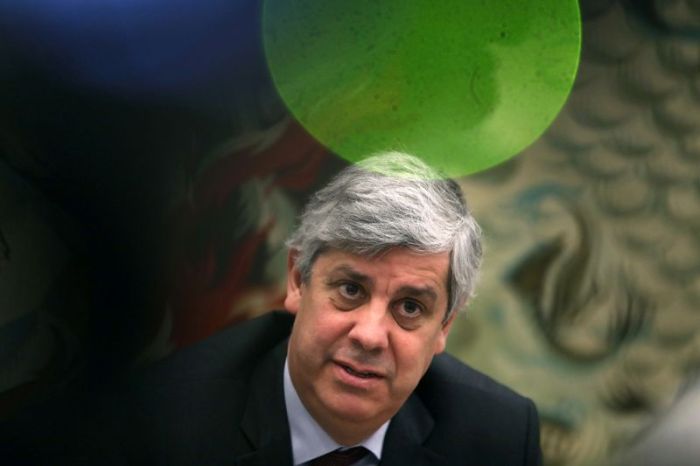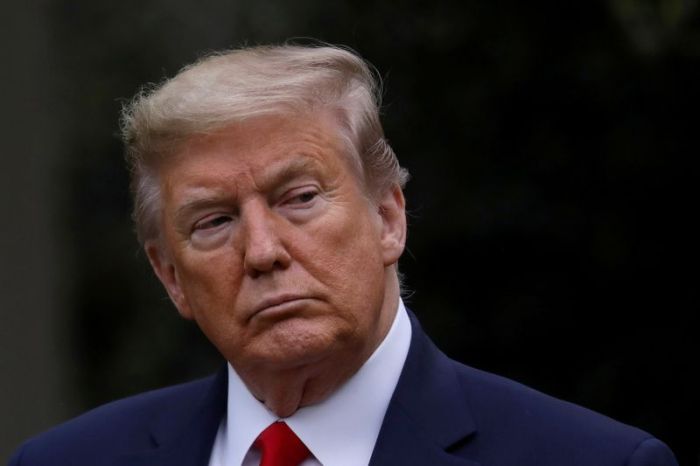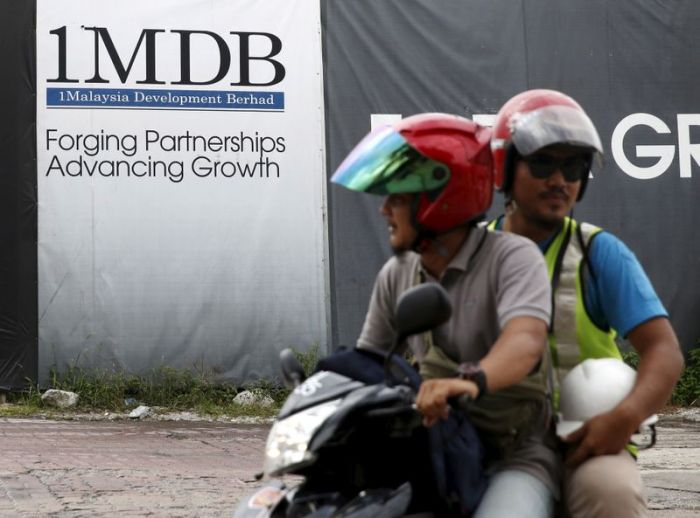BERLIN (Reuters) – A debt moratorium to help the world’s poorest countries survive the coronavirus crisis should be followed by more measures, German Finance Minister Olaf Scholz told Reuters on Wednesday, adding that China’s support for those efforts was crucial.
The finance ministers and central bank governors of the G20 group of the world’s largest economies held a virtual meeting on Wednesday to further address the global challenges presented by the pandemic.
On their agenda is a plan to relieve the world’s poorest countries of debt payments this year so they have more money forhealthcare as the coronavirus pandemic spreads around the world, pushing the global economy into the steepest downturn since the Great Depression.
“I’m convinced that the poorest countries in the world need support and therefore a moratorium on debt must be guaranteed,” Scholz said in a Reuters interview shortly before the G20 talks.
“This requires international cooperation — also far beyond the previous circles. So it’s important that not only the traditional countries do it … a contribution from China would of course be very important in this context.”
Sources familiar with the process had told Reuters this week they expected the G20 to endorse suspending debt payments at least until the end of the year, despite some resistance from China, which has overtaken the World Bank as a major lender to developing countries, especially in Africa.
Scholz said G20 members were discussing a debt moratorium of “manageable size” and that an agreement to suspend debt payments should be followed by more measures to help the world’s poorest countries recover after the coronavirus crisis.
In Europe, Scholz said, the question of how to finance an economic recovery plan after the crisis needed “joint European answers”.
Asked if Germany would support joint issuance of debt worth up to 100 billion euros per year through the European Commission, as some officials have suggested, Scholz said more clarity was needed first on how much money was actually required.
“When we know where the recovery needs support, then we can also know how much money is needed at national and at European level. And only then it also makes sense to think precisely about the structure of programs,” Scholz said.
European Commission President Ursula von der Leyen said earlier on Wednesday that the European Union needed to put its multi-year budget at the centre of the bloc’s economic recovery plan — probably triggering more battles among member states about how to pay for it.
(Reporting by Michael Nienaber and Christian Krämer; editing by Paul Carrel, Larry King)

